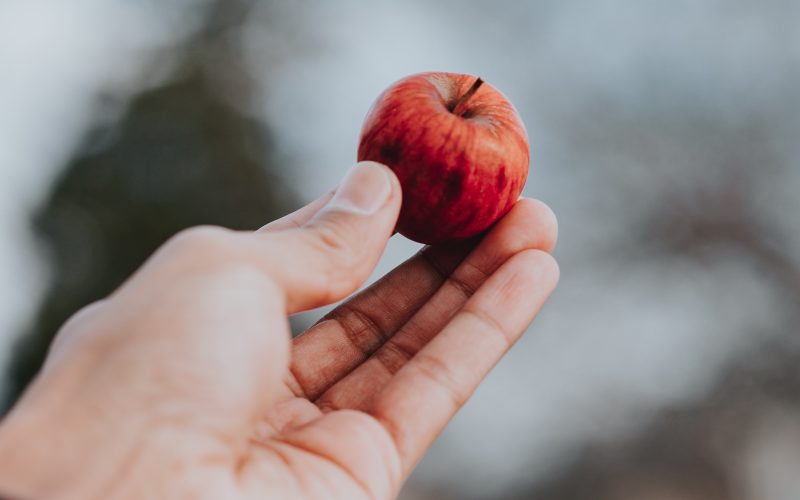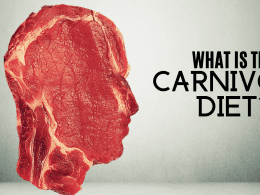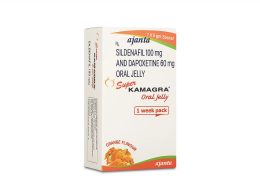Are you a vegetarian or vegan looking to make sure you’re getting all the nutrients your body needs? It can be challenging to find sources of certain vitamins and minerals when meat and animal products are off the table. But fear not! We’ve compiled a list of the top nutrients that vegans and vegetarians need, along with tips on how to get them from plant-based sources. So whether you’re new to this lifestyle or have been practicing it for years, read on to learn more about these essential nutrients and how they can help you thrive!
What are the top nutrients vegans and vegetarians need?
As a vegan or vegetarian, it’s important to make sure your diet is well-rounded and includes all the necessary nutrients for optimal health. Here are some of the top nutrients you should focus on:
Protein: While many believe that meat is the only source of protein, there are actually plenty of plant-based options available. Legumes (such as lentils and beans), tofu, tempeh, nuts, and seeds are all great sources.
Iron: Iron plays an essential role in carrying oxygen throughout the body. Good plant-based sources include leafy greens like spinach and kale; legumes like lentils and chickpeas; fortified cereals; quinoa; pumpkin seeds; and dried apricots.
Calcium: Calcium is crucial for bone health. Some excellent vegan-friendly sources include fortified non-dairy milks (like almond or soy milk), tofu made with calcium sulfate, dark leafy greens like collard greens or bok choy, fortified orange juice, sesame seeds or tahini paste, almonds.
Vitamin B12: This vitamin is primarily found in animal products but can also be obtained through fortified foods such as nutritional yeast flakes which can be added to topping popcorns salads vegetables etc., certain brands of non-dairy milk (check the label), breakfast cereals enriched with B12.
Remember to focus on incorporating these key nutrients into your diet regularly for optimal health!
The best foods to get these nutrients
When it comes to getting the necessary nutrients as a vegan or vegetarian, it’s important to focus on whole foods that are rich in vitamins and minerals. Here are some of the best plant-based foods to include in your diet:
Leafy greens like spinach, kale and collard greens are excellent sources of iron, calcium and vitamin K. Additionally, they’re packed with antioxidants that can help prevent inflammation.
Legumes such as lentils, chickpeas and black beans provide protein along with fiber, folate and potassium. They’re also versatile ingredients that can be used in everything from soups to salads.
Nuts and seeds offer healthy fats along with vitamin E for healthy skin and hair. Try adding walnuts or chia seeds to your morning oatmeal for an extra boost of omega-3 fatty acids.
Whole grains like quinoa, brown rice and oats provide complex carbohydrates for sustained energy throughout the day. They also contain B-vitamins which aid in metabolism.
Don’t forget about fruits! Berries are particularly high in antioxidants while bananas offer a good dose of potassium – essential for maintaining heart health.
By incorporating these nutrient-dense foods into your meals regularly you’ll be well on your way towards meeting all of your nutritional needs without relying on animal products.
How much of each nutrient do you need?
It’s essential for vegans and vegetarians to ensure they’re getting enough nutrients in their diet. But how much of each nutrient do you need? Let’s break it down.
Protein is a vital nutrient that helps build and repair tissues in the body. The recommended daily amount of protein for adults is 0.8 grams per kilogram of body weight. Vegetarian sources of protein include beans, lentils, tofu, nuts, seeds, and whole grains.
Iron is another important nutrient that helps transport oxygen throughout the body. Women between 19-50 years old need around 18 milligrams per day while men only require around eight milligrams per day. Plant-based sources high in iron include spinach, lentils, quinoa, cashews, and fortified cereals.
Calcium is crucial for strong bones and teeth as well as muscle function and nerve transmission. Adults should aim to consume 1000-1200 milligrams per day through plant-based sources such as leafy greens like kale or collards broccoli or calcium-fortified non-dairy milk.
Vitamin B12 plays a significant role in maintaining healthy nerve cells and red blood cells production among others but can be harder to get from plant foods alone except fortified ones hence supplements are recommended especially for vegans who don’t consume animal products at all on average about 250 mcg/day
How to get the most out of these nutrients
Getting enough nutrients is essential, but it’s also important to make sure you’re getting the most out of them. Here are some tips on how to maximize nutrient absorption:
– Eat a variety of foods: Different nutrients require different conditions for optimal absorption. By incorporating a wide range of fruits, vegetables, legumes, nuts and seeds into your diet, you increase your chances of absorbing all the necessary vitamins and minerals.
– Pair iron-rich foods with vitamin C: If you’re vegetarian or vegan, it’s especially important to pay attention to your iron intake. Iron from plant-based sources isn’t absorbed as easily as animal-based sources. However, consuming vitamin C alongside iron-rich foods can enhance its absorption.
– Soak legumes and grains: Legumes like beans and lentils contain phytic acid which can interfere with mineral absorption. To reduce this effect soak legumes overnight in water before cooking them. The same goes for certain grains like quinoa.
– Cook food properly: Cooking vegetables helps break down their tough fibers making it easier for us to absorb their nutrients optimally while also breaking down compounds that could be harmful when consumed raw such as lectins found in spinach.
By following these guidelines you’ll ensure that not only are you getting enough nutrients but also maximizing their bioavailability!
Conclusion
It is important for vegans and vegetarians to make sure they are getting all the essential nutrients their bodies need to thrive. This can be achieved by incorporating a variety of plant-based foods into their diets that contain protein, iron, calcium, vitamin B12, omega-3 fatty acids and zinc.
It’s also important to note that some plant-based foods may not provide enough of these nutrients alone or may interfere with nutrient absorption. Therefore, it’s recommended that vegans and vegetarians consult with a registered dietitian or healthcare provider to ensure they are meeting their nutritional needs.
By being mindful of what they eat and taking steps necessary to meet their nutritional requirements, vegans and vegetarians can maintain optimal health while enjoying a varied and delicious plant-based diet.












